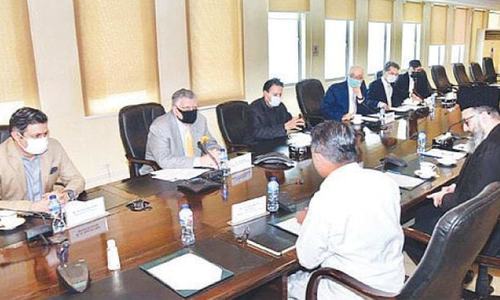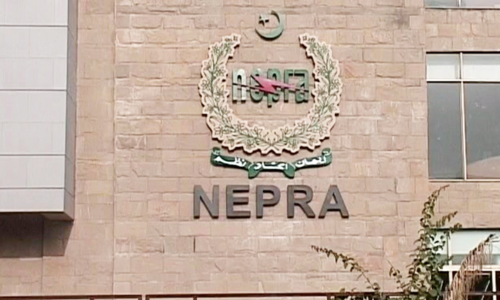
ISLAMABAD: Despite healthy contribution from hydropower, the ex-Wapda distribution companies (Discos) have sought about Rs2.07 per unit increase in tariff for electricity consumers had consumed in August under monthly fuel cost adjustments (FCA) mainly due to expensive liquefied natural gas (LNG).
The National Electric Power Regulatory Authority has accepted the petition for public hearing on September 30 to examine if data and reasons provided by the power companies justified such tariff increases.
On the other hand, the Central Power Purchasing Agency (CPPA) has demanded an additional charge of about Rs2.07 per unit from consumers of Discos on account of higher generation cost of electricity consumed in August to generate about Rs32 billion in additional cash flows to power companies.
This is very rare that actual fuel costs turn out to be 44 per cent higher than reference fuel costs approved by the power sector’s bureaucracy a few months ago, calling into question their capabilities of projecting fuel price trends or sudden surge in imported oil prices. The higher electricity rates, on approval by the regulator, would be recovered from consumers in the upcoming billing month (October).
The CPPA said Discos had charged consumers a reference fuel tariff of Rs4.73 per unit in August while actual fuel cost turned out to be Rs6.805 per unit, hence the additional fuel cost of Rs2.07 per unit should be charged to consumers in coming month.
Interestingly, the major contribution of almost 35pc power supply came from hydropower resources at no fuel cost. On the other hand, LNG-based power contribution stood at 18pc but its fuel cost increased by 28pc since June.
The CPPA reported that total energy generation from all sources in August stood at 16,078 gigawatt hour (Gwh) at a cost of Rs103bn or Rs6.41 per unit. Of this, about 15,590 Gwh were delivered to Discos at Rs106bn, at an average rate of Rs6.80 per unit.
The data showed that against 35pc share in August, hydropower generation had 30pc contribution to overall energy mix in July, 29.4pc in June and 26.6pc in May. The share of coal generation stood at 14pc in August against 18pc in June and 20pc in May. On the other hand, the generation from furnace oil-based plants stood at 10.12pc in August against 14pc in June, 6pc in May and 2.62pc in April. The share of RLNG-based power generation to national grid stood at 18pc in August against 20pc in July, 18.8pc in June 22pc in May. The share of local gas-based generation remained almost unchanged at 8.17pc in August as was in previous months.
On the other hand, the share of nuclear power slightly dropped to 10pc in August against 11.27pc in June from 10.2pc a month earlier. The share of wind power and bagasse stood at 4pc.
The coal-based fuel cost also increased to Rs9 per unit against Rs8 per unit over the past few months. Nuclear energy fuel cost stood at Re1 per unit while power produced from local gas stood at Rs8.3 per unit.
The electricity imported from Iran had a cost of Rs12.35 per unit and its total share in power supply was just 0.28pc. The most expensive generation came at Rs18.24 per unit in August from furnace oil when compared to Rs14.52 per unit a month earlier and a minor production from diesel at the rate of Rs22.6 per unit.
Under the tariff mechanism, changes in fuel cost are passed on to consumers only on a monthly basis through automatic mechanism while quarterly tariff adjustments on account of variation in power purchase price, capacity charges, variable operation and maintenance costs, use of system charges and including impact of transmission and distribution losses are built in the base tariff by the federal government.
Published in Dawn, September 22nd, 2021














































